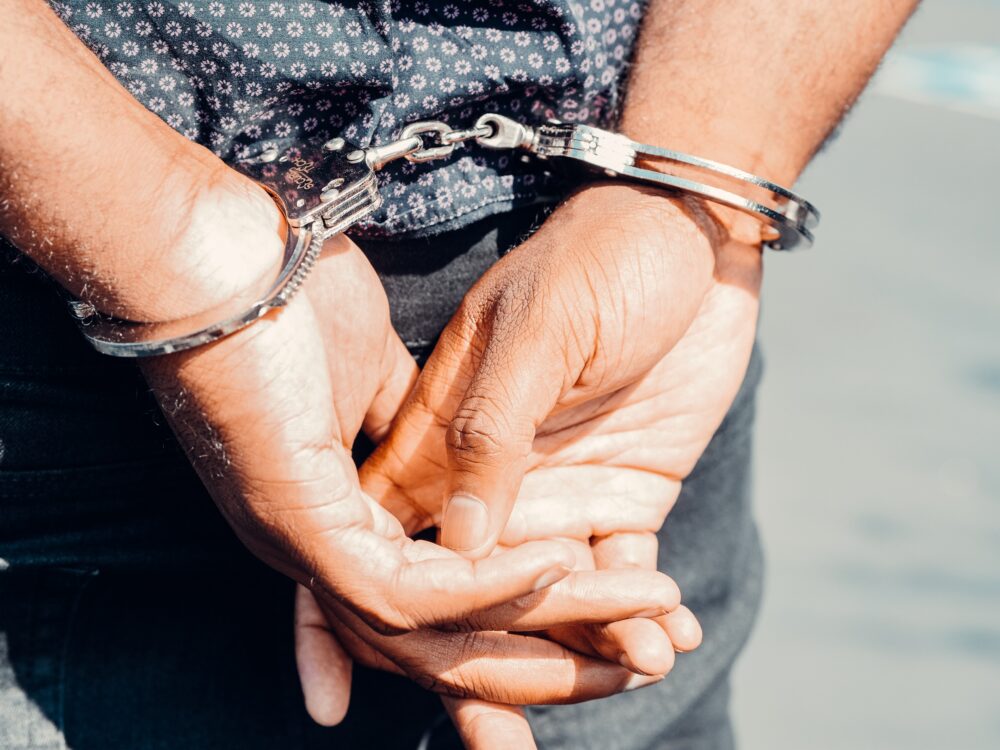
A probable cause must be present for a law enforcement officer to legally make an arrest or obtain an arrest warrant from a judge. However, the constitution, federal law, and New York law do not specify the exact way to measure this. This makes it difficult for a law enforcement officer to prove to a New York court, and they must make decisions on a case-by-case basis. Nevertheless, you should understand your rights to protect yourself from a wrongful arrest. But if you are unsure whether your arrest was legal, follow along to learn how a seasoned Rockland County criminal defense attorney at The Law Office of Kevin T. Conway can determine your case.
New York state judges probable cause to be when there is reliable evidence that would lead a law enforcement officer to believe that you likely committed a specific crime. Importantly, such reliable evidence can include hearsay. So, when a law enforcement officer has probable cause, they may perform the following actions:
Ultimately, after performing any of the above actions, a law enforcement officer may arrest you or obtain an arrest warrant if they see subsequent, confirmatory evidence that you likely committed a specific crime.
In a DWI case, a law enforcement officer must have probable cause to pull you over and make the arrest. Firstly, the essential evidence for the initial stop may be speeding, running a red light, turning without signaling, swerving out of a lane, or otherwise. It is important to note that they do not need to have probable cause for the DWI arrest to make the initial stop, and any sign of a traffic violation will suffice.
Secondly, the necessary evidence for the subsequent DWI arrest may be a blood alcohol content score of .08 or higher, the smell of alcohol on your breath, glassy eyes, slurred speech, failed field sobriety tests, the admitting to consuming alcohol, or otherwise. Notably, a law enforcement officer does not need to conduct a field sobriety test if the available evidence of being intoxicated is compelling enough.
If you have any additional questions concerning the legality of your stop, contact a knowledgeable Spring Valley DWI defense attorney as soon as possible.
Attorney Conway is a Spring Valley criminal attorney and is also experienced in commercial law matters, zoning law, and estate planning. Contact The Law Office of Kevin T. Conway for a free consultation today.
© 2025 The Law Office of Kevin T. Conway. All rights reserved.